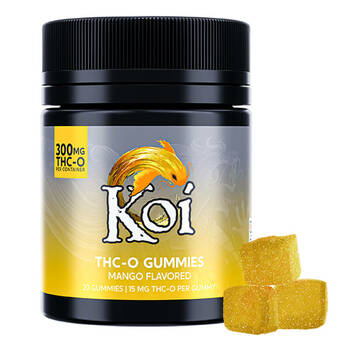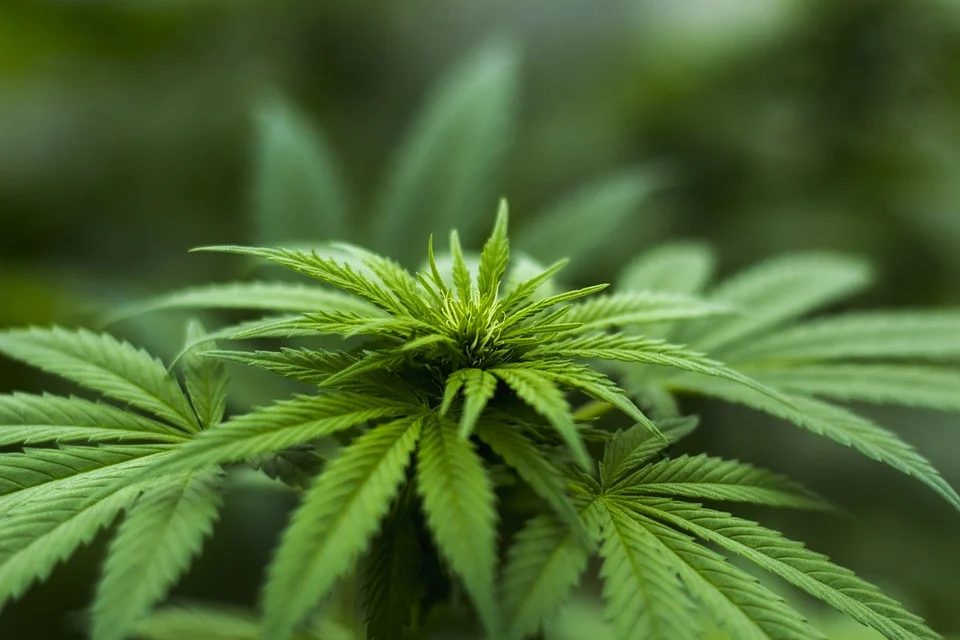As more states prohibit and regulate Delta THC and CBD, manufacturers explore ways to circumvent the regulations. Introducing THC-O Acetate. Before we delve into the trendy cannabinoid that intends to supplant Delta THC as it becomes illegal in many zones and controlled in others, let’s look at Delta THC and CBD. CBGA is the precursor to all cannabinoids, from CBD to THC.
While Delta is a relatively recent cannabinoid, producers have been manipulating cannabinoids to discover unique new cannabinoids for a long time. While Delta THC is present in various cannabis strains, it is present in trace concentrations. Extraction and purification of Delta from raw plant material containing less than 1% of the desired cannabinoid are economically unviable.
This is why producers have begun turning other, more abundant cannabinoids into Delta, such as CBD. When it comes to getting heightened, both THC-O and Delta THC are well-known for their potent effects, but which high is better between THC-O, CBD, and Delta THC? Find out all these products on https://cbd.co/thc-o/

What Is THC-O?
THC-O Acetate is a newly permitted hemp-derived cannabinoid. THC-O is a THC acetate ester, also known as THC acetate ester or O-acetyl-9-THC. Although specialists refer to it as THC-O acetate (or ATHC or THC-Oa), it is almost universally abbreviated as THC-O. Like delta 10 THC and the other hemp-derived cannabinoids on the market, THC-O is nearly identical chemically to delta 9 THC, the psychoactive component found in marijuana plants.
Moreover, its effects are very comparable to delta 9. THC-O is more intoxicating than delta 8, delta 10, or HHC—and is even stronger than delta 9 THC. THC-O is available in various formats, including rechargeable vape cartridges, candies, wax dabs, and tinctures. THC-O strains are substantially more potent than their THC or Delta 8 counterparts.
THC-O enthusiasts report that the benefits of THC-O strains are considerably more apparent and have fewer adverse side effects than CBD, Delta, or any other cannabinoid.
What Is CBD?
CBD is a non-psychoactive cannabinoid that has exploded in popularity in the health and wellness industry. Cannabis plants contain a high concentration of CBD. CBD is present in high concentrations in both hemp and marijuana. On the other hand, hemp is the undisputed leader in terms of CBD production.
CBD got legal; for decades, there has been debate over whether CBD and marijuana are psychoactive. Those who have taken CBD before are well aware that it is not intoxicating; the effect is more about what you do not experience physiologically. If you start using it for anxiety, for example, once a proper routine is established, it will become effective—and you will be unaware.
How are CBD and THC-O differentiated?
Since CBD is non-psychoactive, there are many stereotypes associated with it. Delta-8 THC exhibited the same behavior. Specific individuals dislike getting high; this is admirable. Each of us has one legal option, and that is delta-8 THC. However, none of these tremendous alternative cannabinoids, like THC-O, would exist without CBD.
CBD and THC-O are identical in terms of intake methods. There is, however, a distinction in terms of potency. Additionally, you’re receiving CBD in conjunction with THC-O flower, as hemp flower is used. Due to the nature of THC-distillate, O’s will always perform better in a gummy or vape cart. These include edibles like candy, flowers, tinctures, vape carts, and concentrates.
The Federal Farm Bill of 2018 makes CBD and THC-O legal. These legalizations got frequently argued to be meaningless because of the absence of regulation of the CBD business. THC-O requires considerable legwork to resurrect like Frankenstein’s Monster, whereas CBD is extracted and grown indoors.

Difference Between Delta’s and THC-O?
Some consumers like to think of THC molecules as points on a spectrum. When comparing these four THC strains, many emphasize their effects on consumers. Delta-8 THC has more calming effects, whereas delta-10 THC has more uplifting and energetic effects, and THC-O has a very soothing, slightly psychedelic effect.
The genesis of these THC variations is another significant distinction. Delta-8, Delta-10, and THC-O all require laboratory synthesis. Delta-8 and Delta-10 are present in trace concentrations in some cannabis strains–but not sufficient to extract. On the other hand, THC-O is a synthetic cannabinoid that does not occur naturally.
Delta-10, Delta-8, and THC-O are all considered semi-synthetic cannabinoids because they are produced from industrial hemp but eventually synthesized in the laboratory. Delta-9 THC is an exception to this rule, as it occurs naturally in high amounts in various cannabis strains.
Which is better, CBD, THC-O, or Delta?
As previously stated, THC-O is significantly more potent than other cannabinoids branded with the letter “THC,” Delta 8, and Delta 9. One’s assessment of a fantastic high is entirely subjective and determined by personal preferences. However, if strength is used to determine which high is superior in the THC-O vs. Delta or CBD combat, THC-O would easily outclass Delta and CBD.
THC-O gets lauded for delivering a far more incredible psychedelic high than any other substance. And indeed, it is three times as powerful as Delta. It is not similar to Delta 8 in terms of strength, as THC-O is far more advanced.
For many users, this potent cannabis can induce euphoria and pleasure. The medical benefits are primarily based on anecdotal evidence due to the lack of studies on this substance. However, the available anecdotal evidence is encouraging.
According to some users, THC-O has helped alleviate pain and anxiety (commonly associated with other THC analogs.) Other consumers appreciate its sedative properties and appetite-stimulating effects. THC-medical O’s and therapeutic benefits require additional study before reaching a scientific conclusion.

Conclusion
Currently, THC-O and Delta, and CBD are unregulated. Additionally, no clinical data or research examines their short- or long-term impacts on consumers. Delta has already been prohibited in several states in the United States, with observers speculating that THC-O, CBD, and Delta may follow suit.
Our understanding of this THC-0, Delta, and even CBD may evolve in the future as new evidence becomes available or manufacturers develop safer, more dependable methods of synthesis. At the moment, THC-O is safe.











